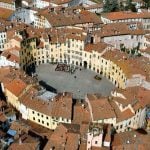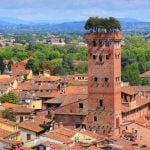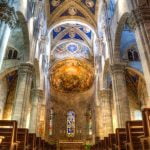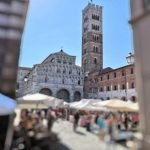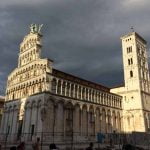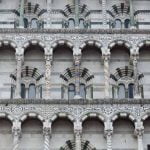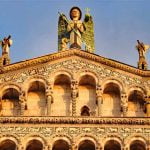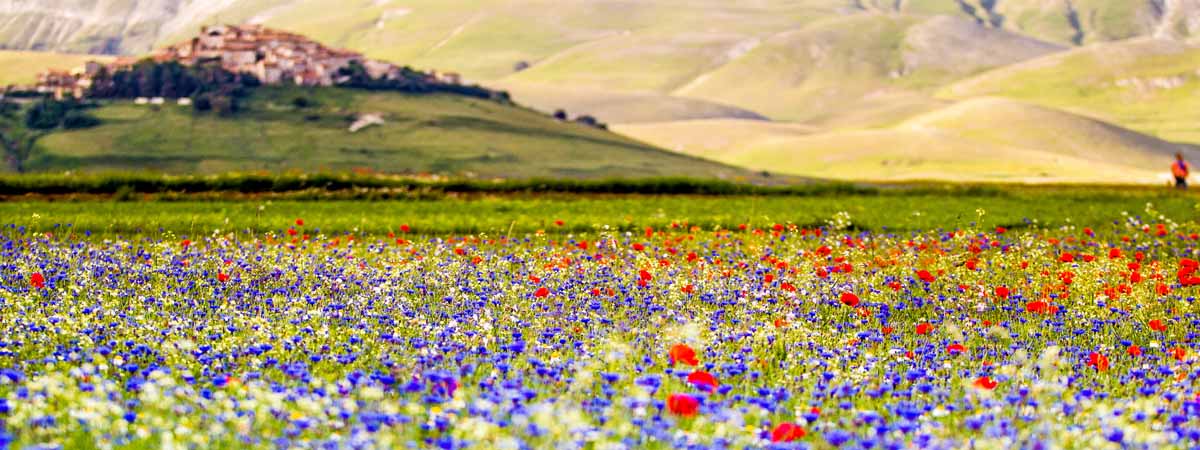Italy is no stranger to historic destinations, but Lucca is perhaps one of the country’s most unique. A charming town, Lucca is completely surrounded by ancient Renaissance walls. Beyond the stone walls, travelers are welcomed into a city filled with Romanesque churches, Gothic towers, local restaurants, quaint boutiques, and walkways that line the city walls, allowing visitors to take in the beauty of the town.
The city’s culture is characterized by a love of art, chamber and classical music, and of course architecture. It is the birthplace of famed composer Giacomo Puccini and is home to a variety of museums that display art from the city’s long history. Medieval buildings and historic churches are sprinkled throughout Lucca, making it an excellent city to stroll through and explore.
Lucca’s history can be traced back as far as 180 AD when it first became a settlement. During Roman times, the city blossomed, and in the sixteenth century the famed Renaissance walls which surround it were built to defend the city. It was during this same time that the city experienced its glory days and the construction of so many of Lucca’s churches began, earning the city the title of the “City of 100 Churches.” Lucca prospered financially as a center for banking and the silk trade and more structures – mansions, palaces, and monuments – were constructed throughout the town. Napoleon ruled the city beginning at the end of the 1700s and in 1814 it fell under the rule of Parma before changing hands several more times. During this time the city’s squares and walkways along the walls were built. The city became a part of the Kingdom of Italy in 1860 and its identity as a must-see Italian destination was solidified.
For travelers, Lucca is a city that is teeming with history, charm, and culture.
GEOGRAPHY & CLIMATE
Lucca is located in the province of the same name. The province of Lucca is positioned in Tuscany, a region in Central Italy. The area’s location on a fertile plain adjacent to the Tyrrhenian Sea gives the city a temperate, Mediterranean climate with temperatures averaging between 68 and 77°F.
Travelers should expect to experience warm summers, with temperatures at their hottest in July. During the winters, which are short in Lucca, the coldest month is January. November features the most precipitation, so this month should be avoided if hoping to experience a dry time in Lucca.
ONLY IN LUCCA
Take a walk along the Renaissance walls that surround the city. The city’s most distinctive feature includes foot and bike paths which overlook the city. From them, travelers can see views of the inside of the city as well as the countryside around it. When in Lucca, do as the locals and enjoy a nice, scenic bike ride atop the city walls.
Explore as many of the city’s churches as possible. Lucca is known as the “City of 100 Churches” so it is a top destination for those interested in religious structures’ architecture, art, history, and spirituality. Some of the main churches to visit include the city’s Duomo, the Church of San Michele al Foro, the Church of San Giusto, the Basilica of San Frediano, and the Church of Sant’Alessandro.
Visit the unique Piazza dell’Anfiteatro, also known as Market Square or Amphitheatre Square. This oval shaped square was built along the shape of an Ancient Roman Amphitheatre. Although the Amphitheatre is no longer present, the area evokes the history and culture of Roman times. The square, which is considered to be the beating heart of Lucca, is home to a variety of restaurants, shops, and cultural events throughout the year.
Climb the 230 steps to the top of the Guinigi Tower. Torre Guinigi is a unique tower because it is one of the only remaining towers from the ancient days of Lucca and features a rooftop garden complete with trees. From atop the tower, travelers can see the full expanse of the town and the surrounding landscape.
Visit local museums. From the Cathedral Museum to the Center for Contemporary Art, there are a variety of museums throughout Lucca that display excellent and often historic works of art.
Enjoy local events. Lucca holds an array of local cultural events throughout the year, such as the Lucca Summer Festival, the Lucca Comics and Games festival, the Holy Cross Celebration – a processional of the Holy Cross that features candles and lights all throughout the city, and many more.
Indulge in the city’s incredible food. Characterized by a classic Tuscan style infused with Lucca’s distinctly elevated ingredients, the cuisine and wine in Lucca are unforgettable. The area produces decadent local extra virgin olive oil and top-of-the-line DOC wines such as Colline Lucchesi, “The Lucca Hills” wines. Its most famous local pasta, tordelli lucchesi, is known for its bright yellow color and delicious taste. Whether dining at a high end restaurant or just grabbing a bite at a family-owned spot, the food and wine of Lucca will be delicious additions to your vacation.
For a day of relaxation outside of the city, visit the thermal baths in nearby Bagni di Lucca. The two natural steam caves there are known for their healing and spa-like properties. And the local health and wellness spa offers a variety of health treatments such as massages as well as an indoor thermal pool for optimum rest and rejuvenation.
The picturesque city of Lucca exudes the quintessential charm that the Tuscany region is known for. While exploring the historic streets and admiring the seemingly endless churches, travelers are sure to fall in love with this breathtaking destination.
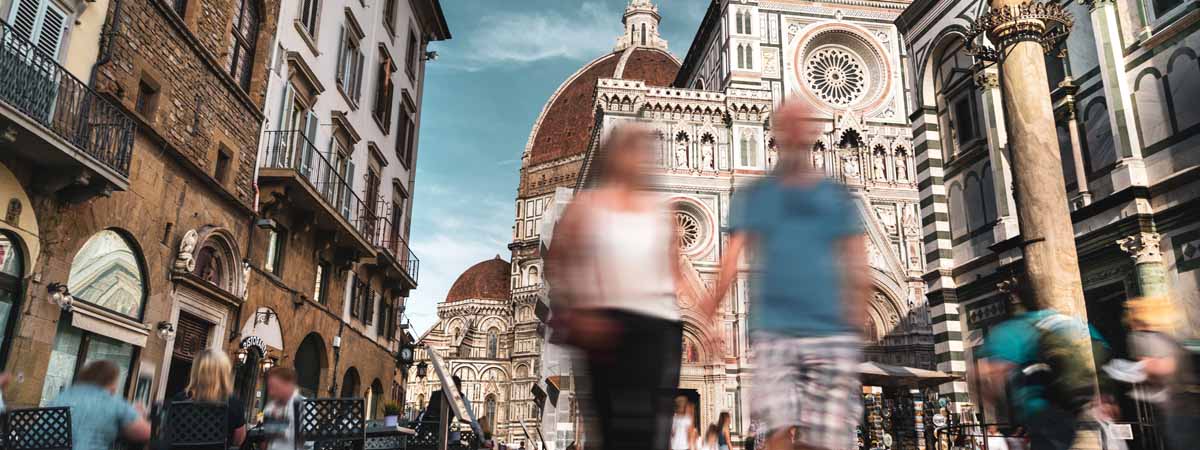
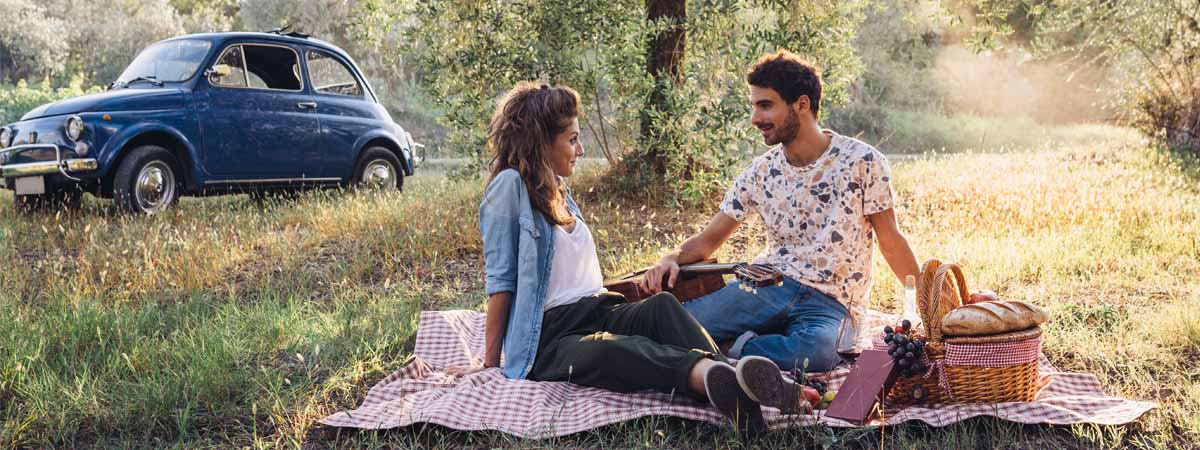
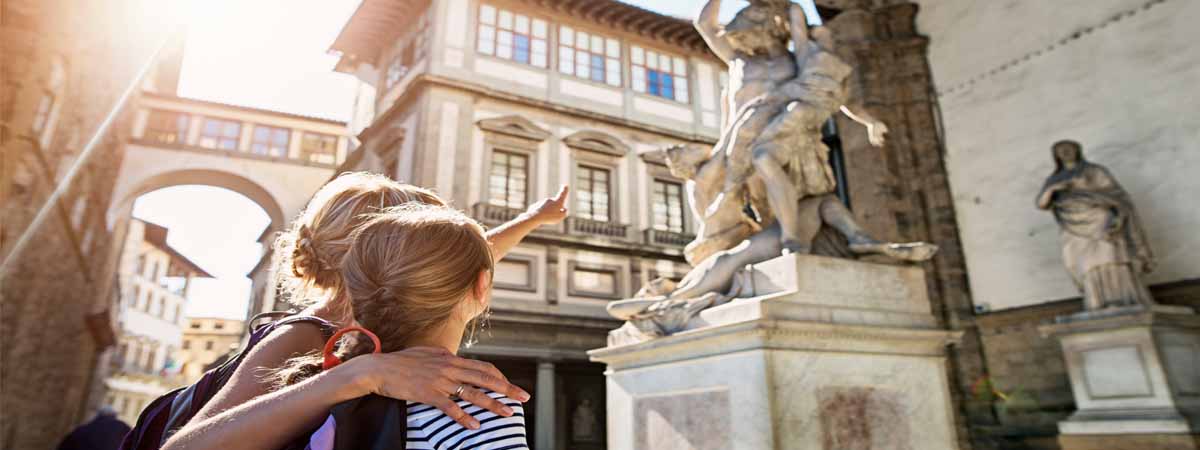
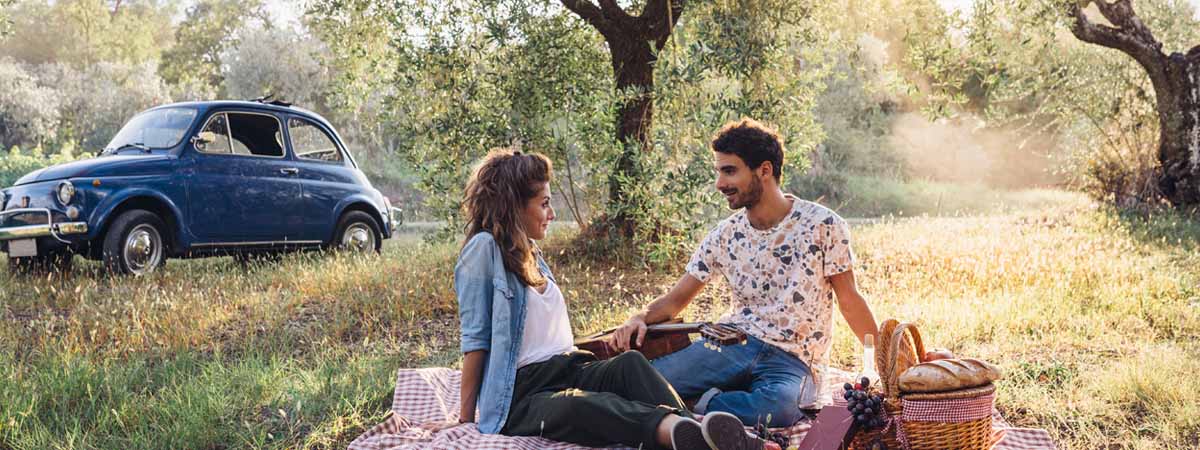
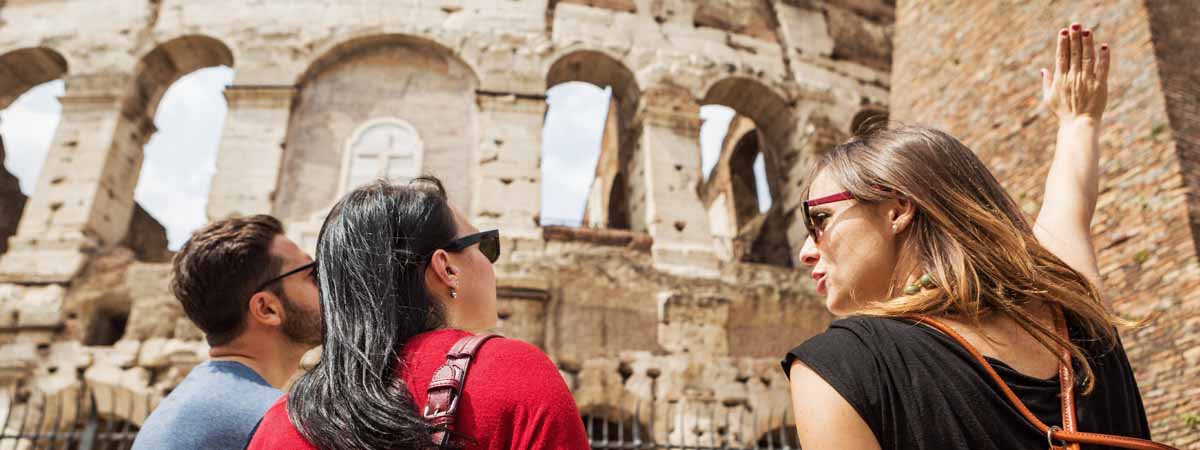
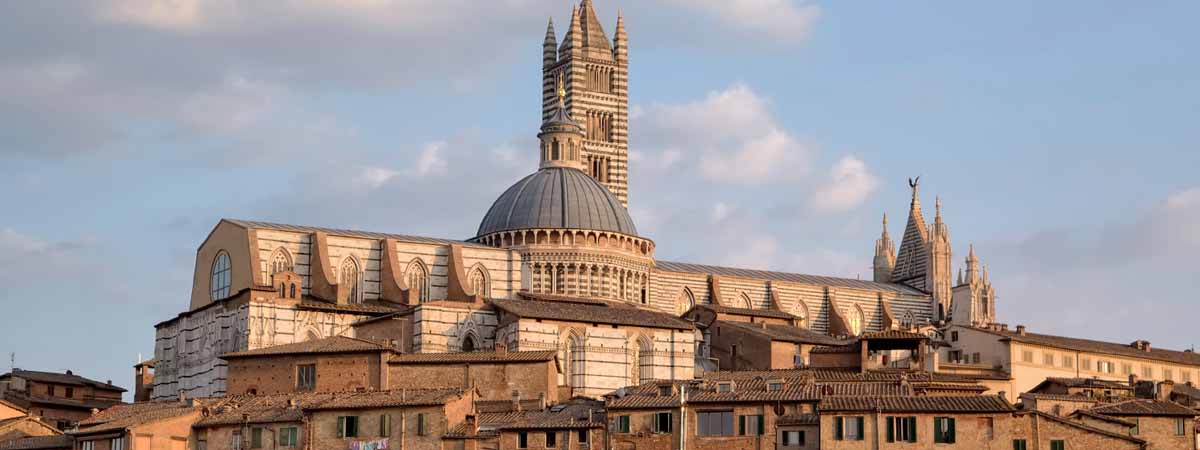
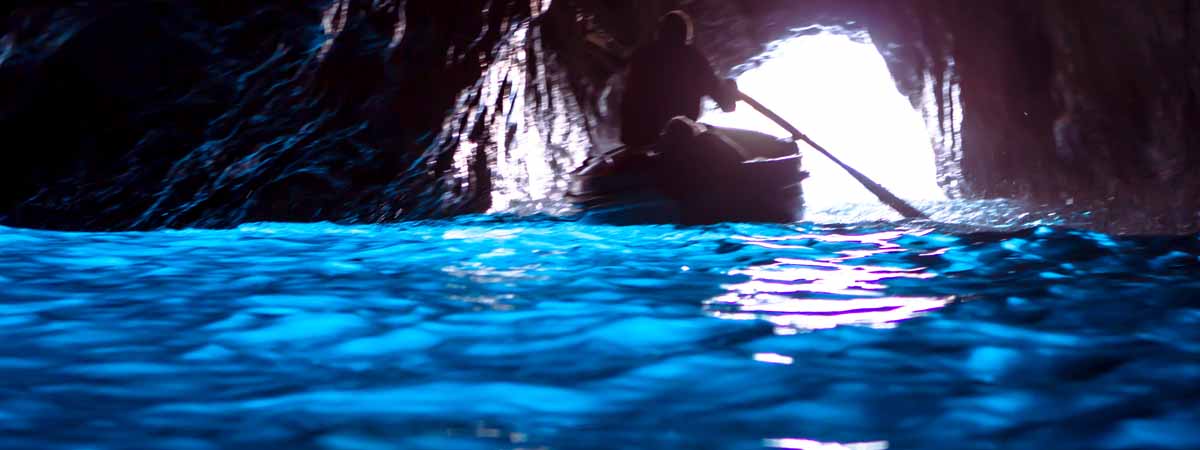
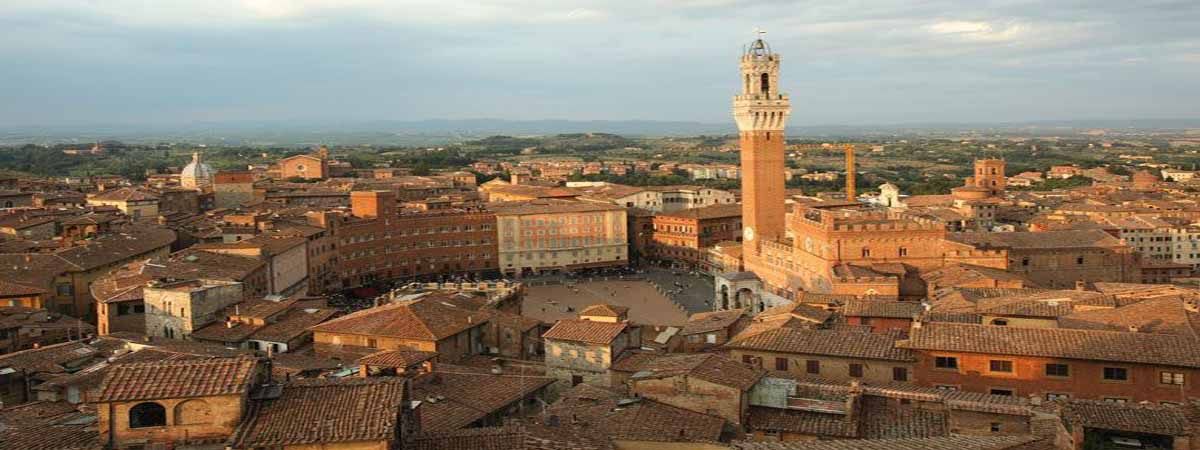
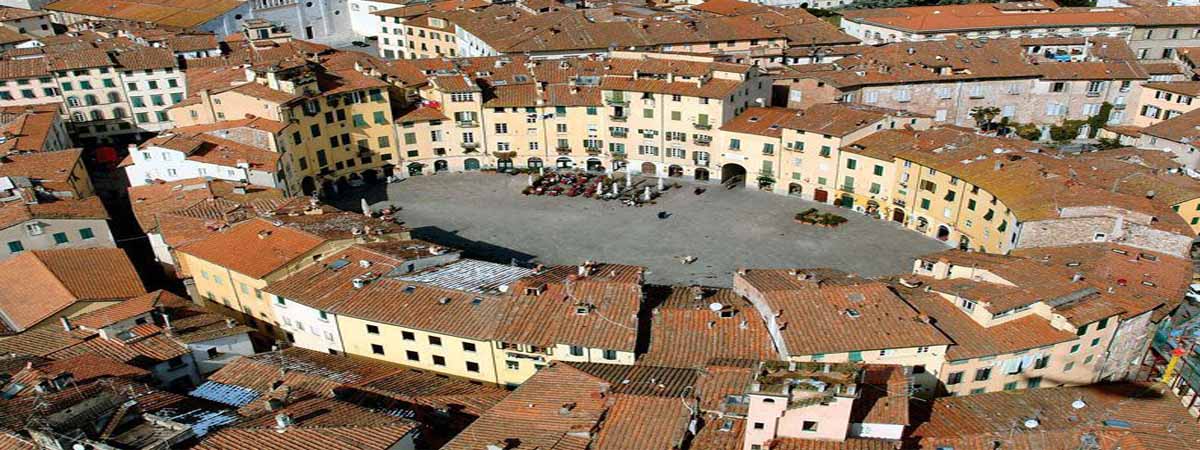
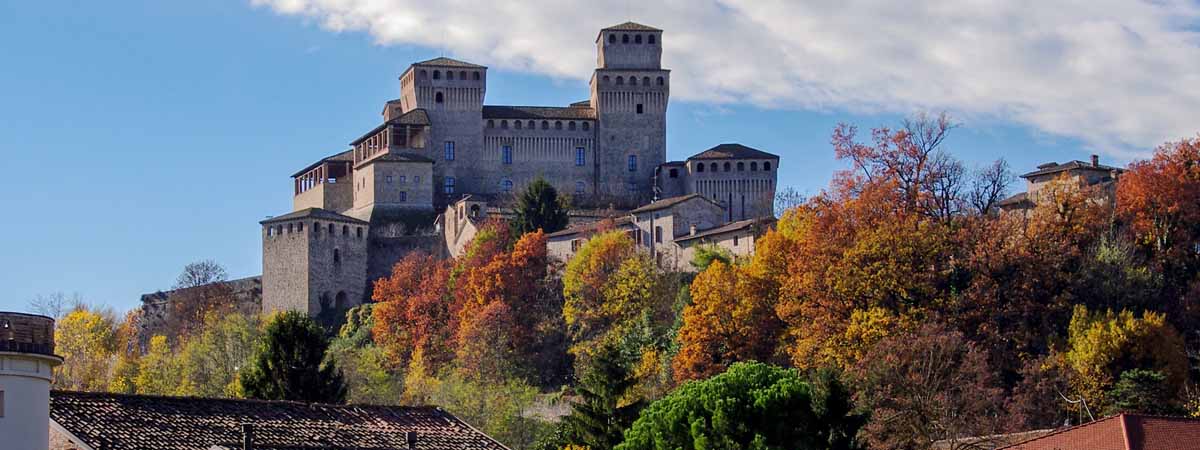
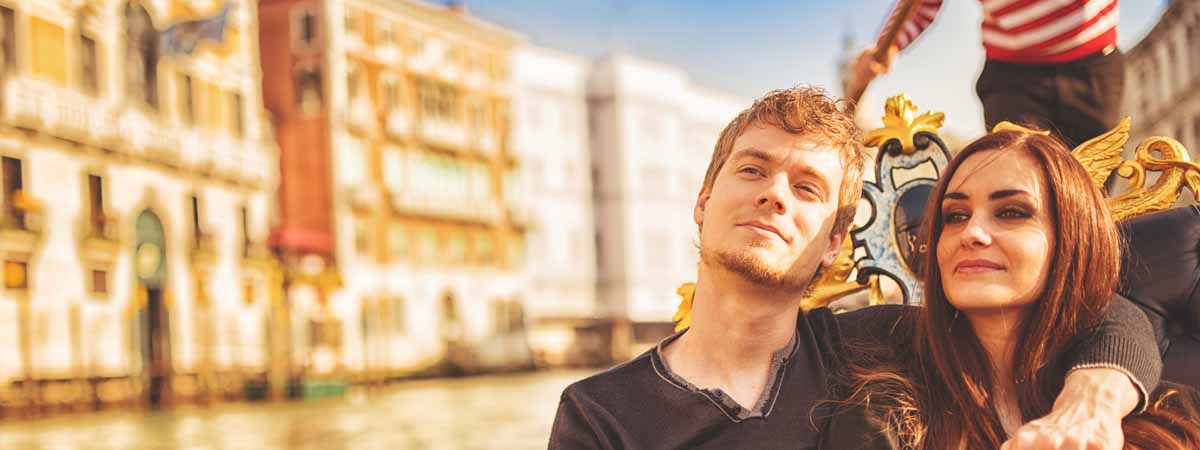
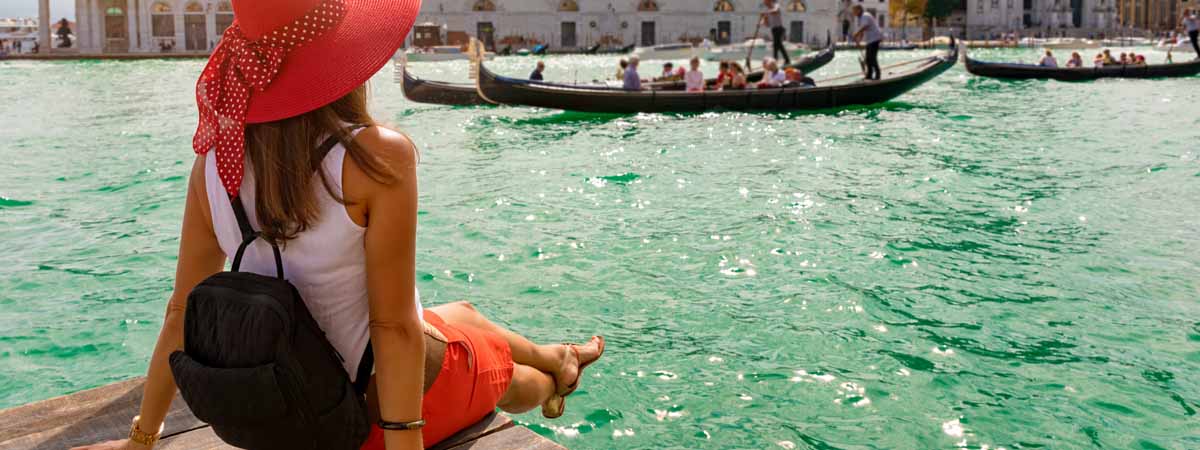
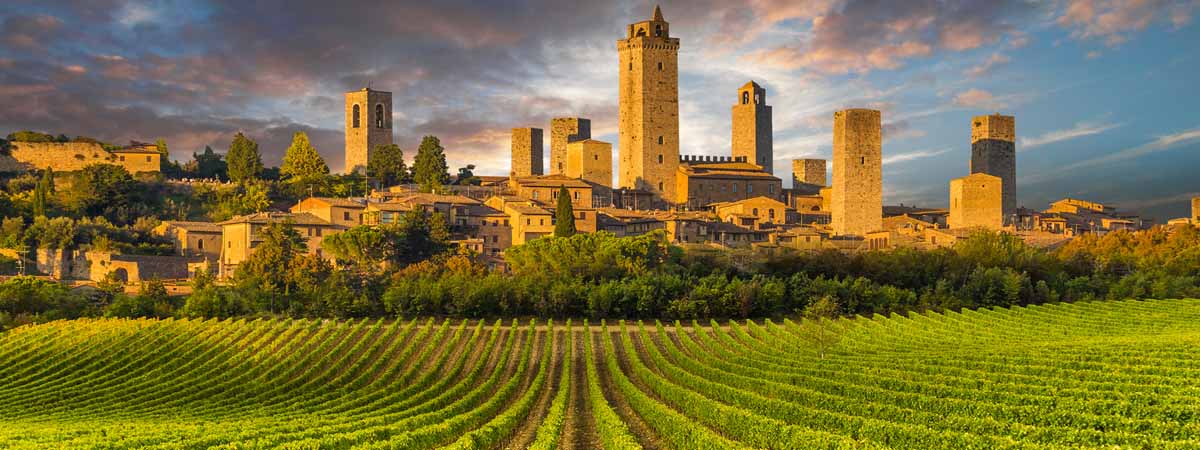
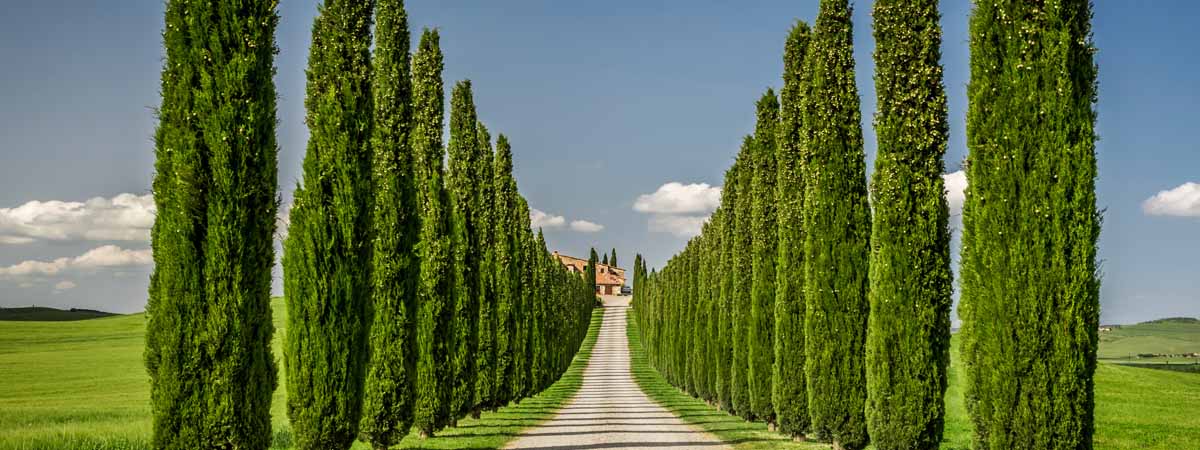
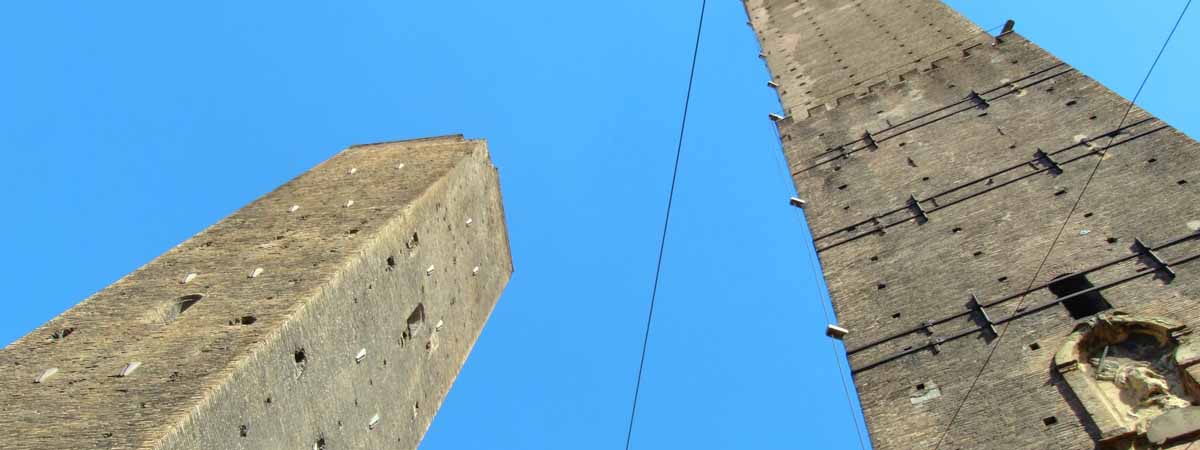
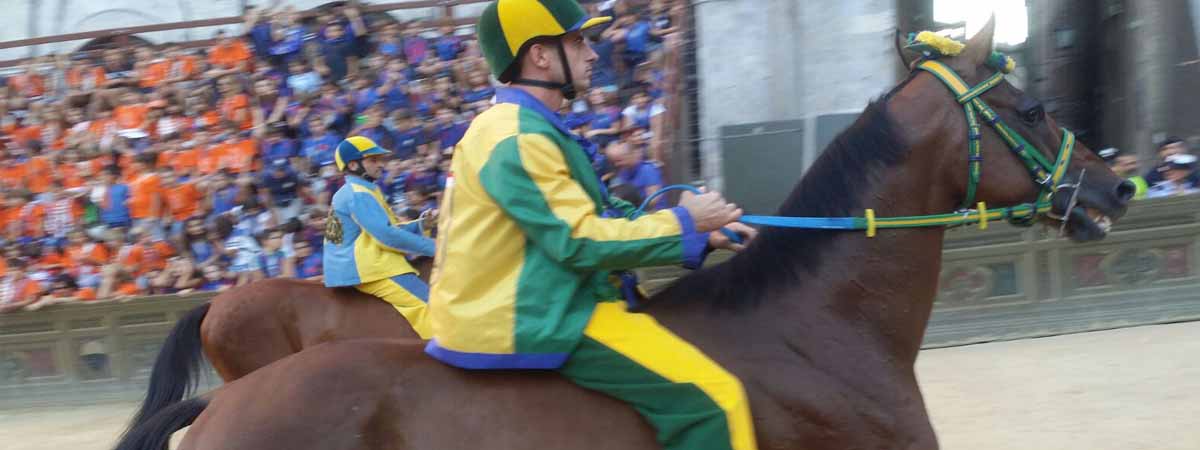
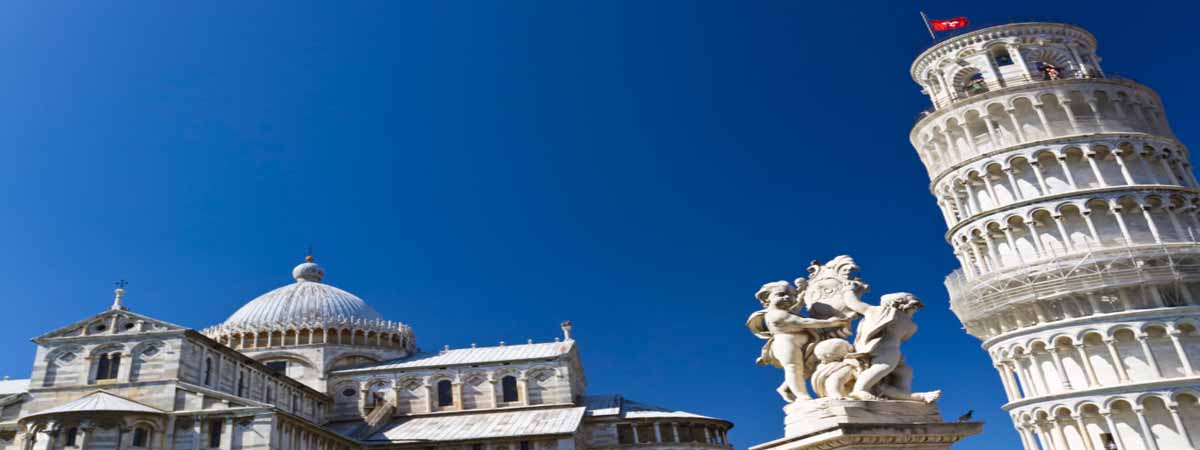
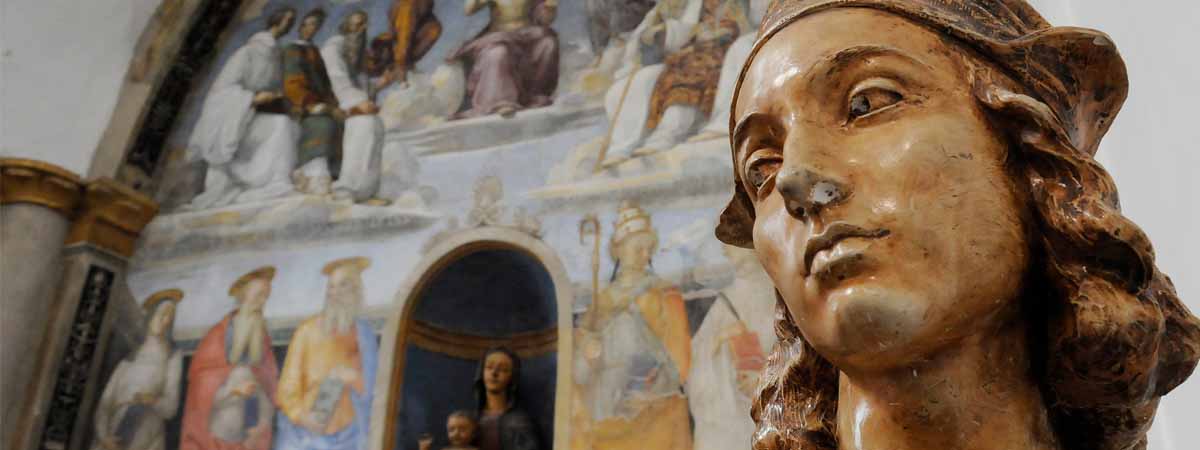
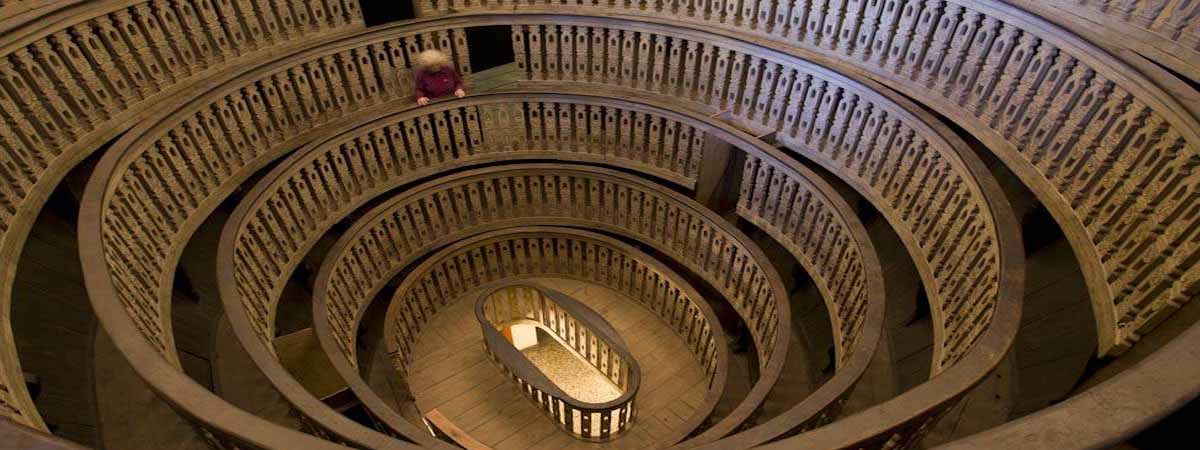
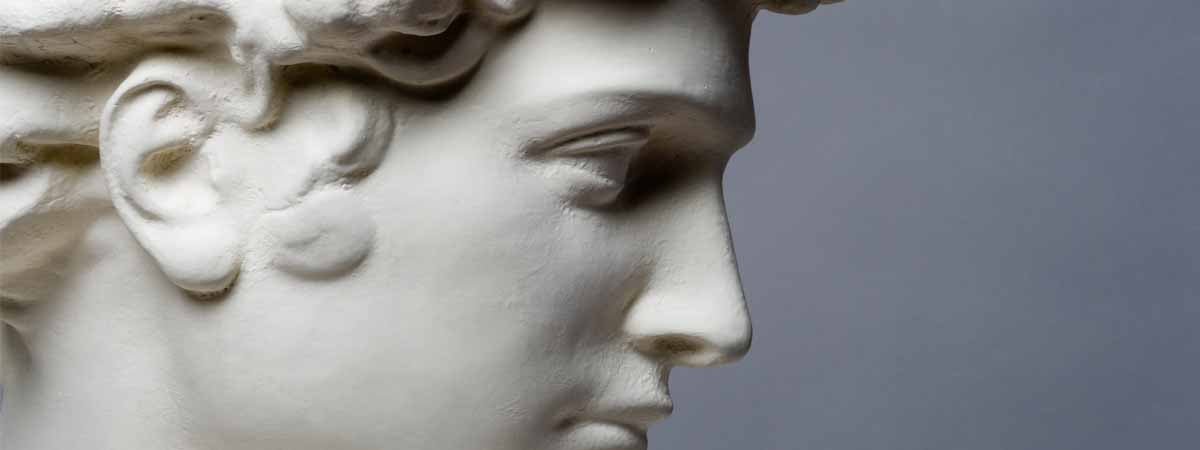
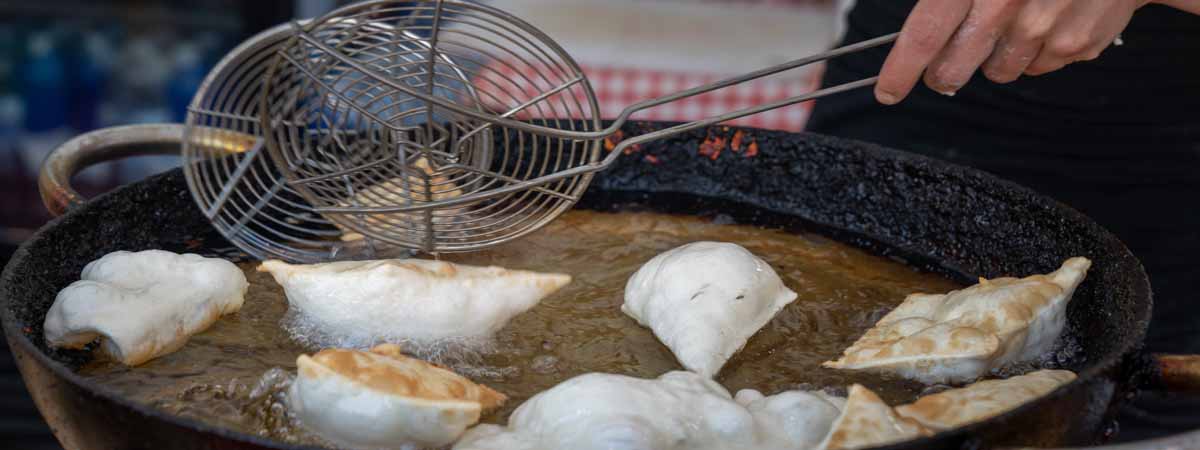



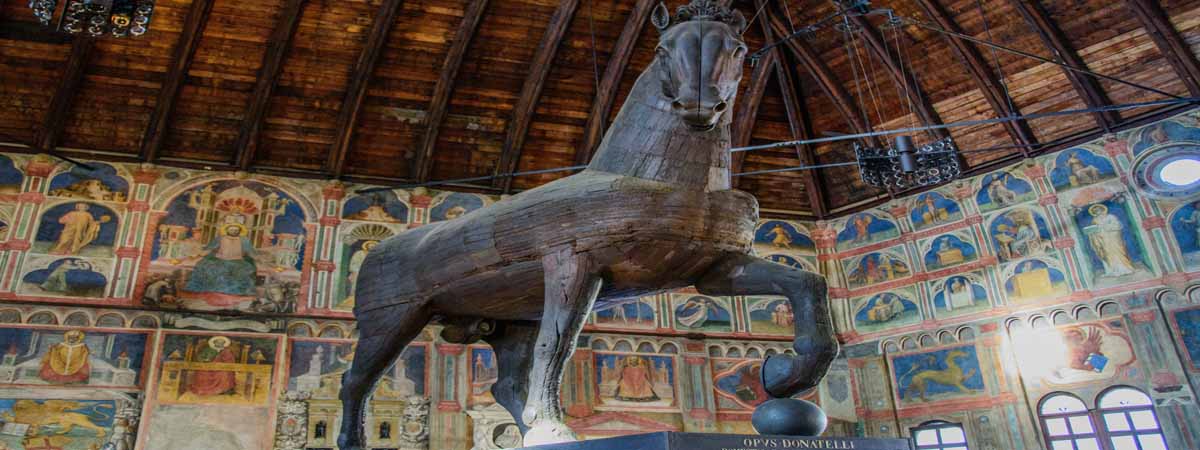

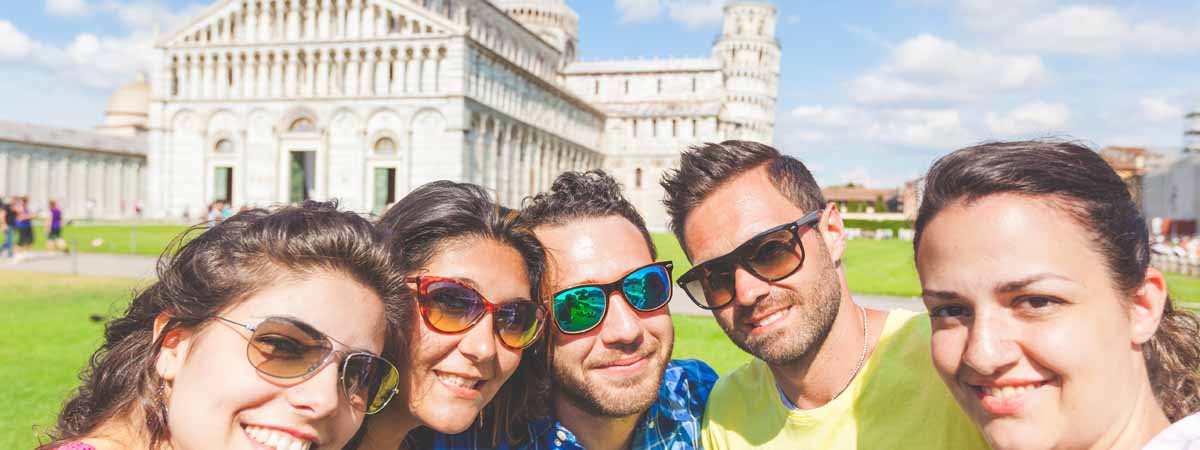
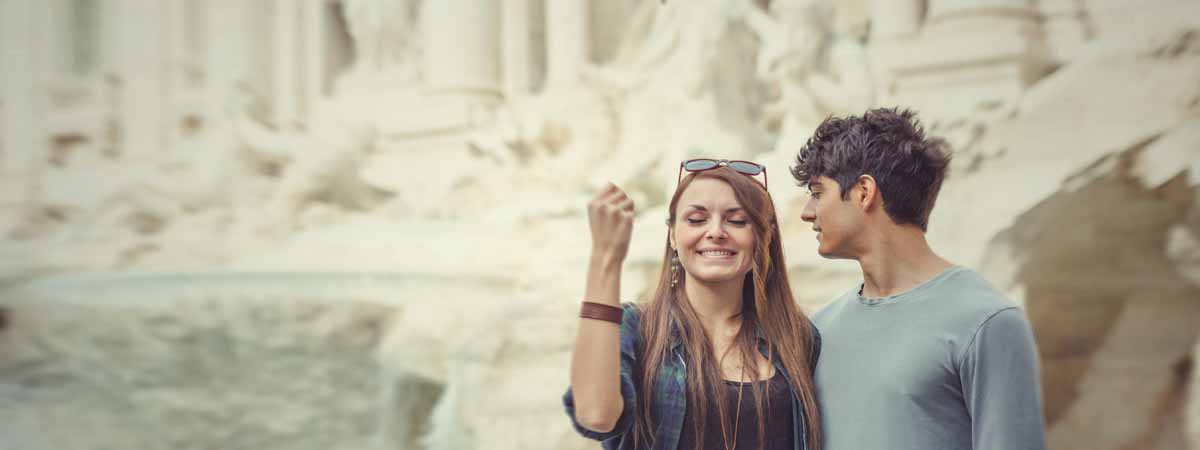



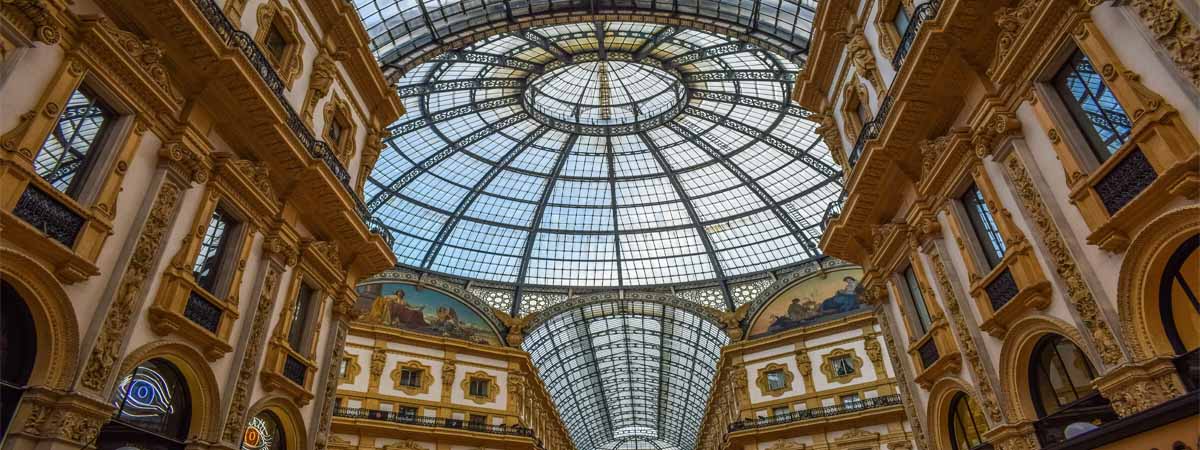
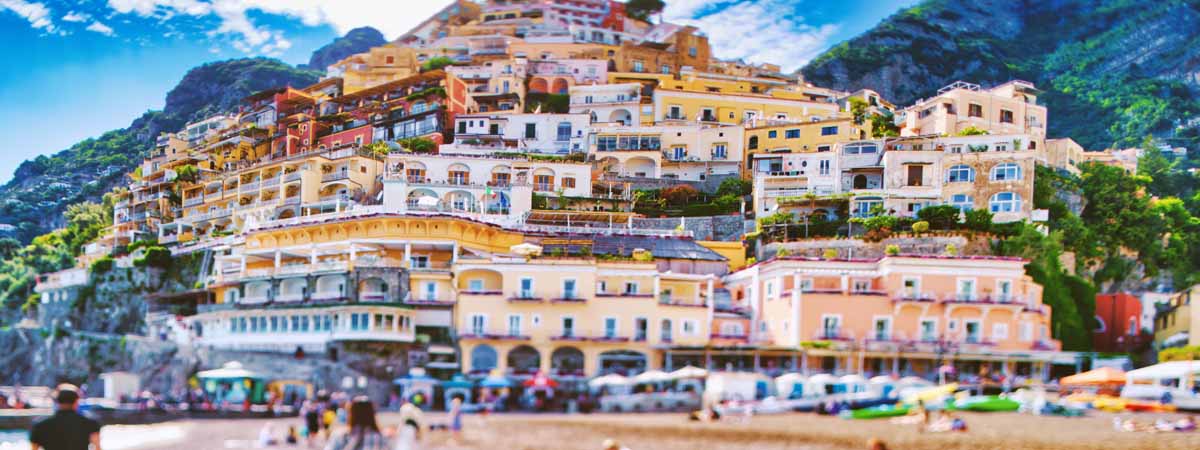
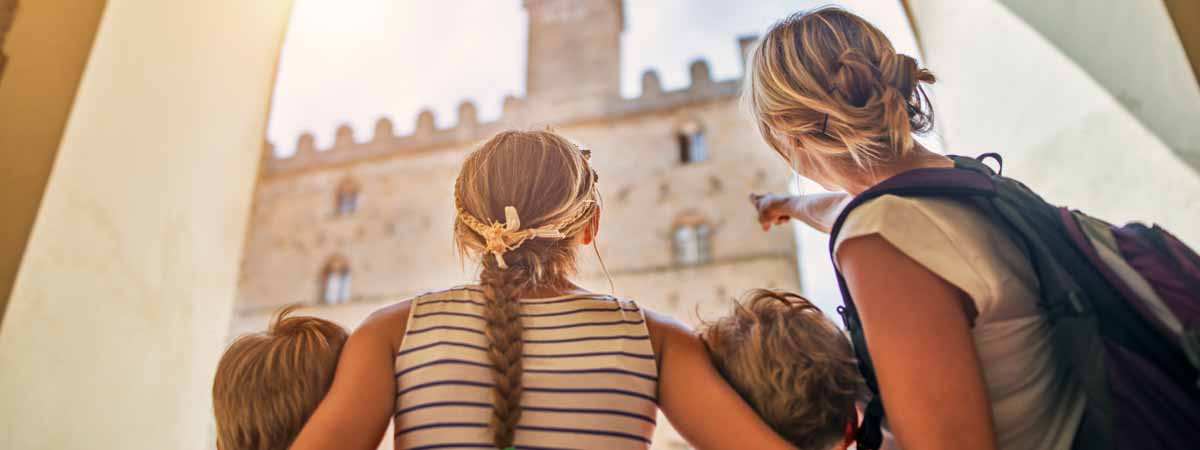
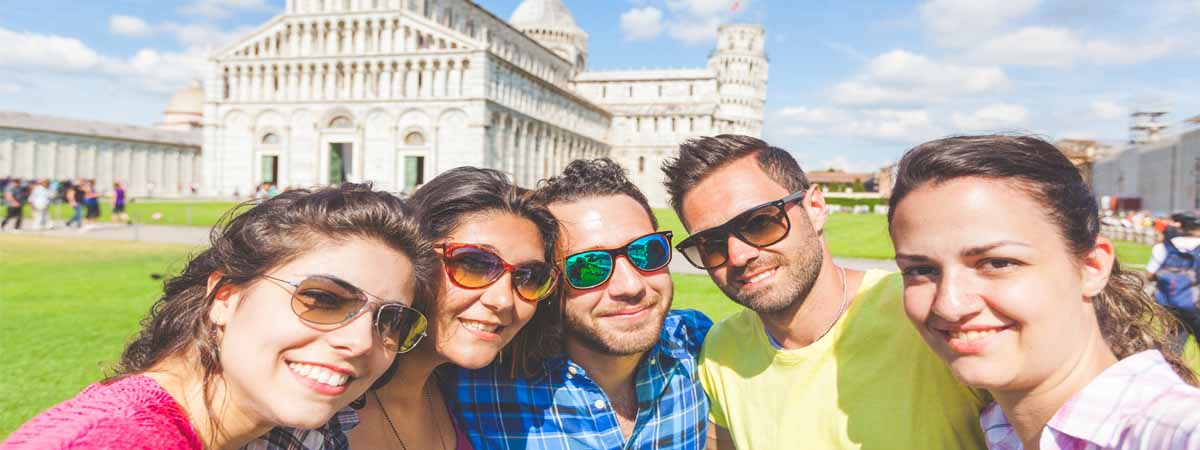
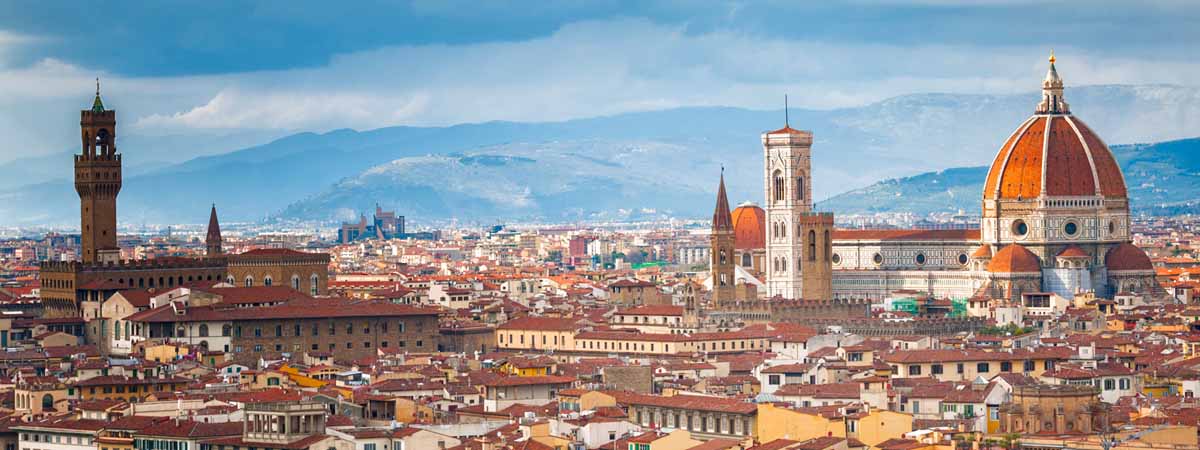


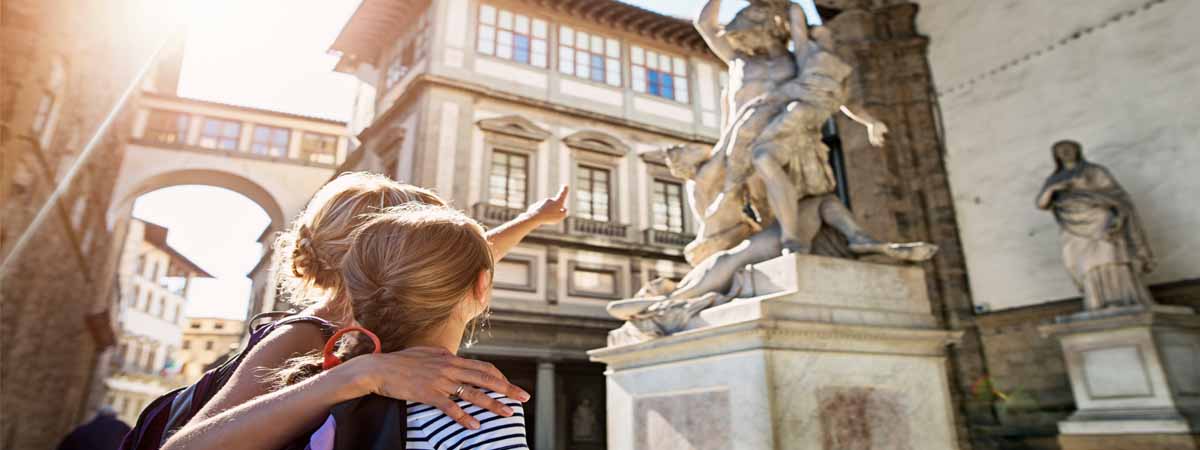
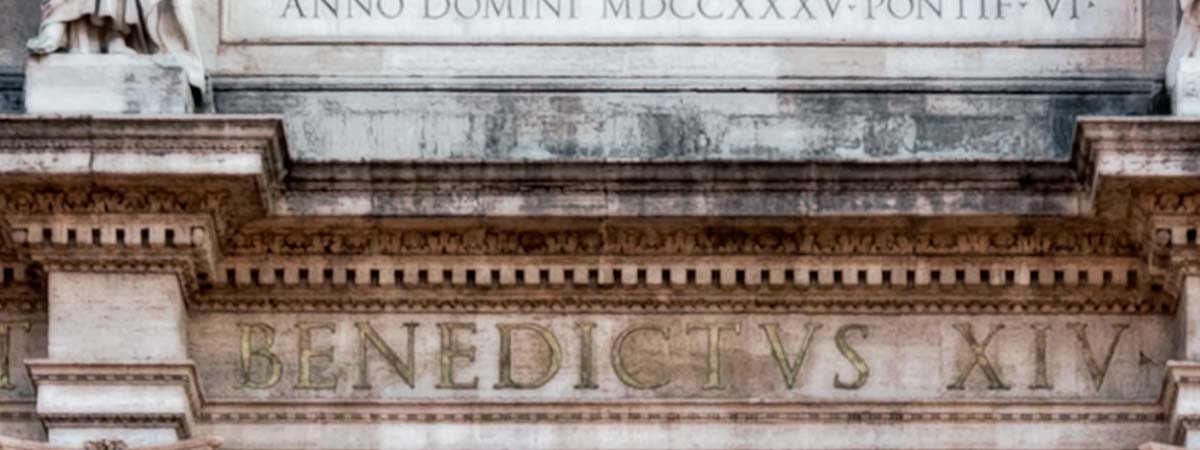

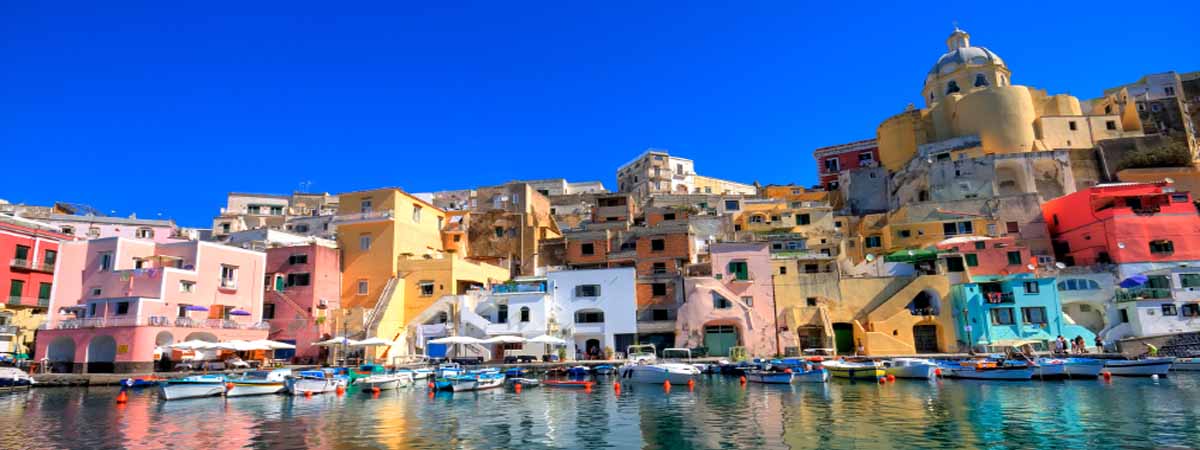

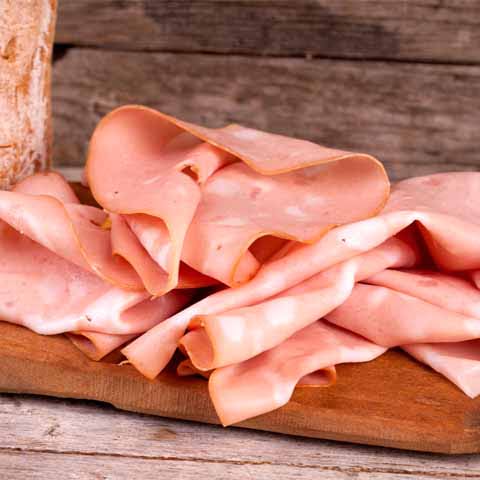
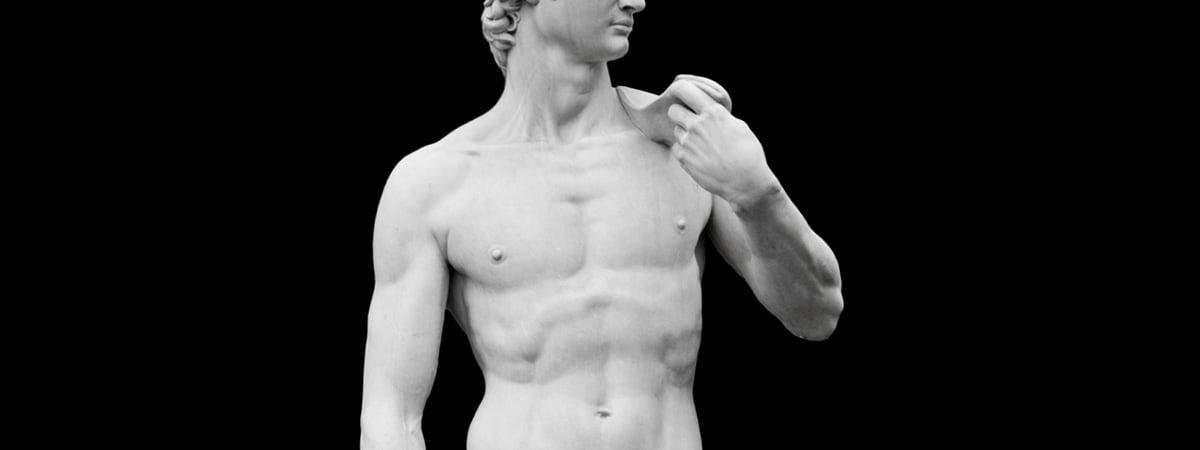


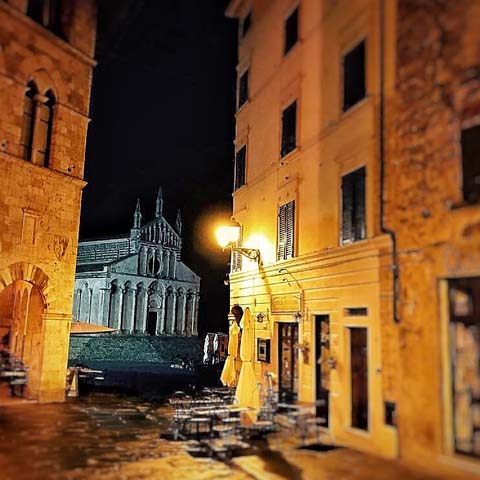
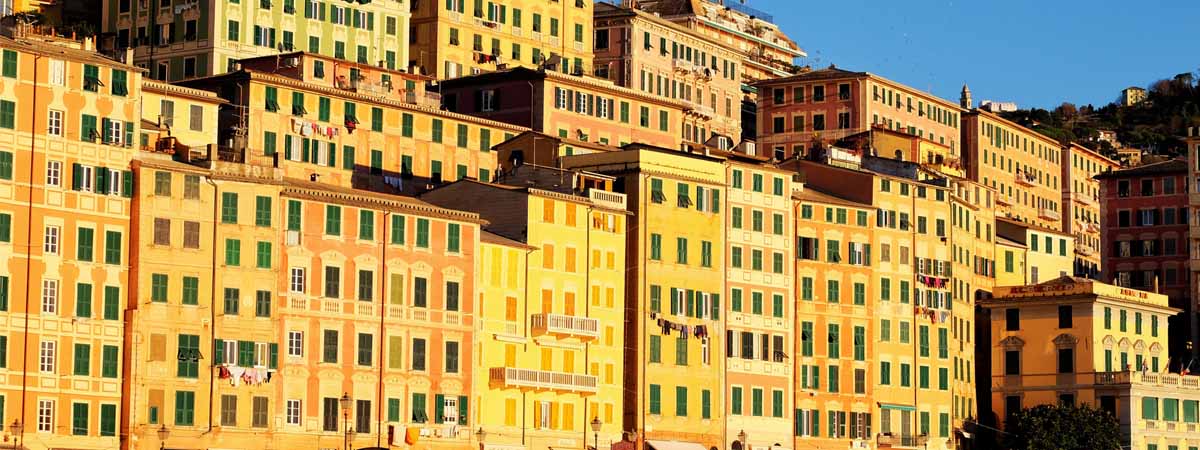
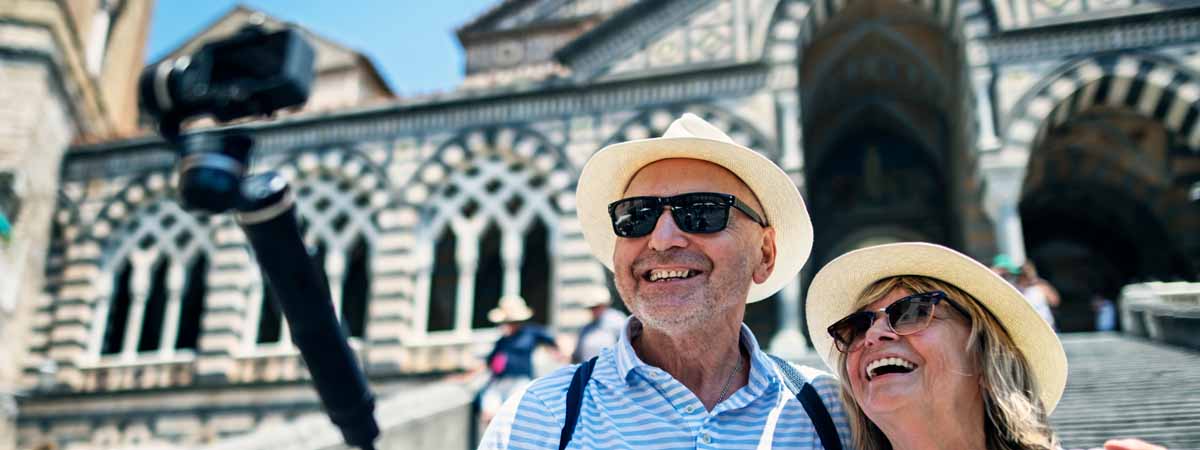
Travel Guides
[wudrelated include="1837"]
The Tuscany Region of Italy
[wudrelated include="1839"]
The Cities of Tuscany, Italy
[wudrelated include="4236"]
